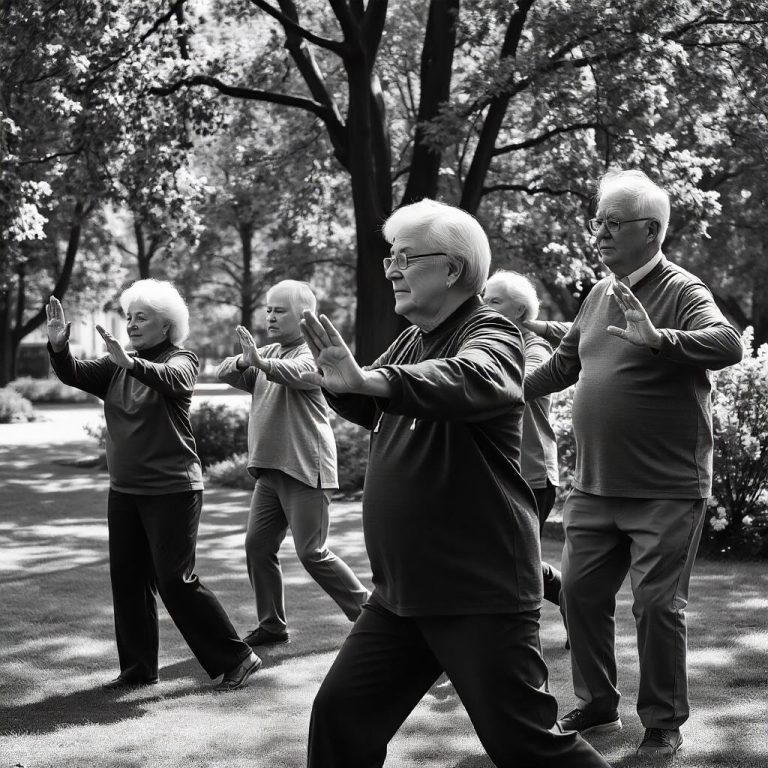Stroke recovery is a journey that often requires a combination of medical care, emotional support, and rehabilitation. Home recovery services play a pivotal role in providing tailored care for stroke survivors in the comfort of their homes. These services are designed to address the unique needs of each patient, helping them regain independence and improve their quality of life.
Understanding Stroke Home Recovery Services
Stroke home recovery services encompass a wide range of support aimed at facilitating physical, emotional, and cognitive rehabilitation for stroke survivors. These services often include therapy sessions, medical care, and lifestyle adjustments, all coordinated to foster a holistic recovery experience.
Key Components of Stroke Home Recovery Services
1. Physical Therapy
Physical therapy is a cornerstone of stroke recovery. Home-based physical therapists help patients improve mobility, balance, and muscle strength through personalized exercise routines. This service often includes:
- Gait training to relearn walking patterns.
- Range-of-motion exercises to prevent stiffness.
- Activities to enhance coordination and reduce the risk of falls.
2. Occupational Therapy
Occupational therapy focuses on enabling patients to perform daily tasks independently. Therapists assess the patient’s home environment and recommend adaptations to make living spaces safer and more accessible. They also teach techniques for:
- Dressing, bathing, and grooming.
- Using assistive devices for household activities.
- Improving hand-eye coordination for tasks like writing or cooking.
3. Speech Therapy
Stroke can significantly affect speech and swallowing abilities. Speech therapists provide exercises to improve communication and address swallowing difficulties. Key areas include:
- Articulation and pronunciation exercises.
- Cognitive-communication training to enhance memory and attention.
- Strategies to manage dysphagia (swallowing difficulties).
4. Nursing Care
Professional nursing care at home ensures patients receive proper medical attention. Nurses manage medication schedules, monitor vital signs, and provide wound care if necessary. They also educate families on managing medical equipment and responding to emergencies.
5. Psychological Support
Emotional well-being is essential in stroke recovery. Home-based psychological support services address anxiety, depression, and other mental health challenges that may arise. Services include:
- Counseling sessions with licensed therapists.
- Stress management techniques for patients and caregivers.
- Support groups to connect with other stroke survivors.
6. Nutritional Guidance
Proper nutrition is vital for recovery and preventing future strokes. Dieticians work with patients to develop meal plans that promote heart and brain health. These plans typically emphasize:
- Low-sodium and low-fat diets.
- Adequate hydration and balanced meals.
- Specialized diets for patients with swallowing difficulties.
Benefits of Stroke Home Recovery Services
1. Personalized Care
Each stroke survivor’s journey is unique. Home recovery services offer customized treatment plans tailored to the patient’s specific needs, ensuring optimal outcomes.
2. Comfort and Familiarity
Recovering at home allows patients to heal in a familiar environment, reducing stress and promoting emotional well-being.
3. Family Involvement
Home-based recovery facilitates active participation by family members, fostering a collaborative approach to care and support.
4. Cost-Effectiveness
Compared to prolonged hospital stays, home recovery services are often more affordable, making them an accessible option for many families.
5. Improved Patient Outcomes
Studies show that stroke survivors receiving home-based care often achieve better long-term outcomes due to the personalized and comprehensive nature of these services.
Stroke home recovery services offer invaluable support to stroke survivors and their families. Through personalized care, emotional encouragement, and professional guidance, these services empower patients to achieve meaningful recovery and a better quality of life.






